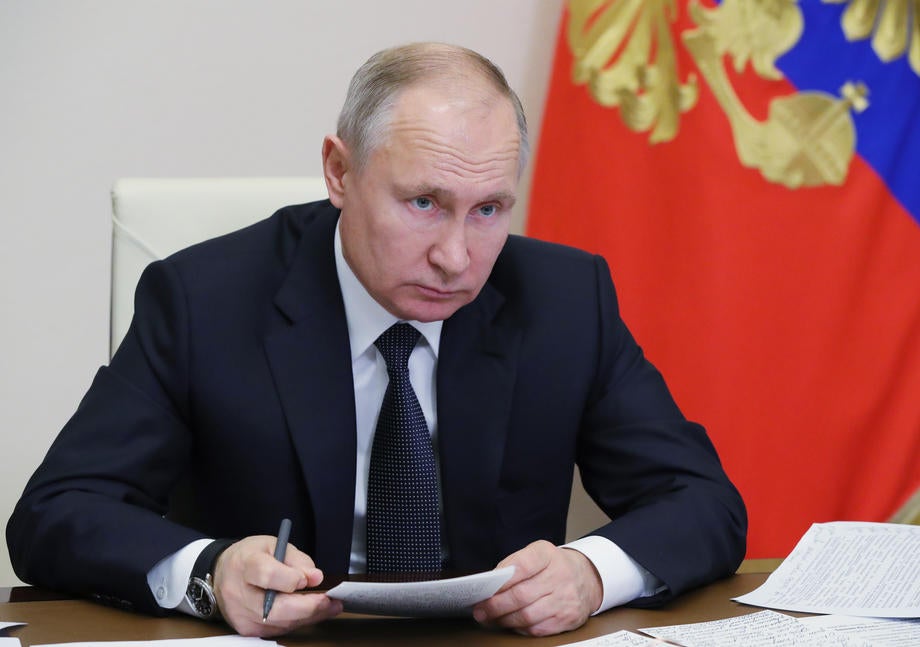Putin signs order giving all Russian presidents immunity from prosecution
Move follows sweeping changes to the political system this year

Vladimir Putin has signed legislation that will grant former presidents a pardon for life after they leave the Kremlin.
The bill reportedly means they will be exempt from any from any form of police questioning or searches and arrests.
The legislation follows sweeping changes to the Russian political system initiated by Putin this year that, among other things, allow him to run for two more six-year terms in the Kremlin if he chooses. He had been due to step down in 2024.
The reforms are being closely combed through for clues as to what Mr Putin may do at the end of his current presidential term, his second consecutive and fourth overall.
Another part of the legislation allows presidents to name up to 30 senators to the Federation Council, Russia's upper house, and also to become a senator themselves once they have left office.
Separately, Russia's lower house of parliament also voted to pass legislation on Wednesday that would grant authorities new powers to label individuals "foreign agents" and also jail them for five years if they fail to report their activities correctly.
If adopted, the bill would significantly expand a law first adopted in 2012 allowing authorities to label foreign-funded NGOs engaged in political activity "foreign agents", a term that carries negative Soviet-era connotations.
Rights groups have criticised that law as being used as a tool to stifle dissent and harass civil society groups. It was broadened to include individual journalists and bloggers last year.
Now under the draft legislation, individuals, including foreigners, involved in political activity in the interests of a foreign government can be labelled foreign agents.
Any individual gathering information concerning defence that could be used against Russia's national security would also be subject to the designation.
The bill would also ban such people from holding positions in the civil service and subject them to bureaucratic scrutiny and spot checks.
To become law, the bill still needs to be approved by the upper house of parliament and signed by Mr Putin.
Human Rights Watch has said the amendments provided the Russian authorities with a new tool to harass independent groups.
Additional reporting by Reuters
Join our commenting forum
Join thought-provoking conversations, follow other Independent readers and see their replies
Comments



Bookmark popover
Removed from bookmarks